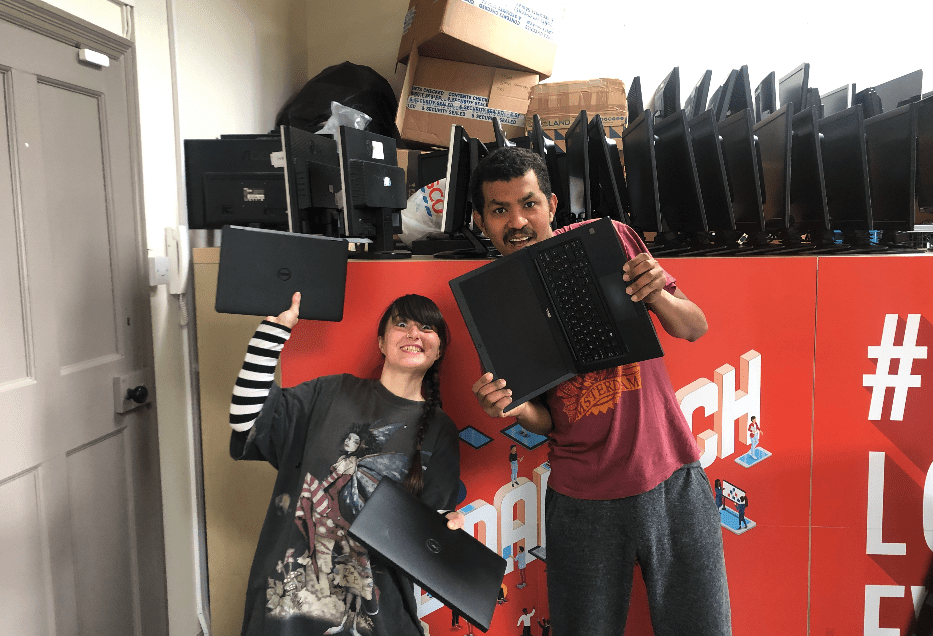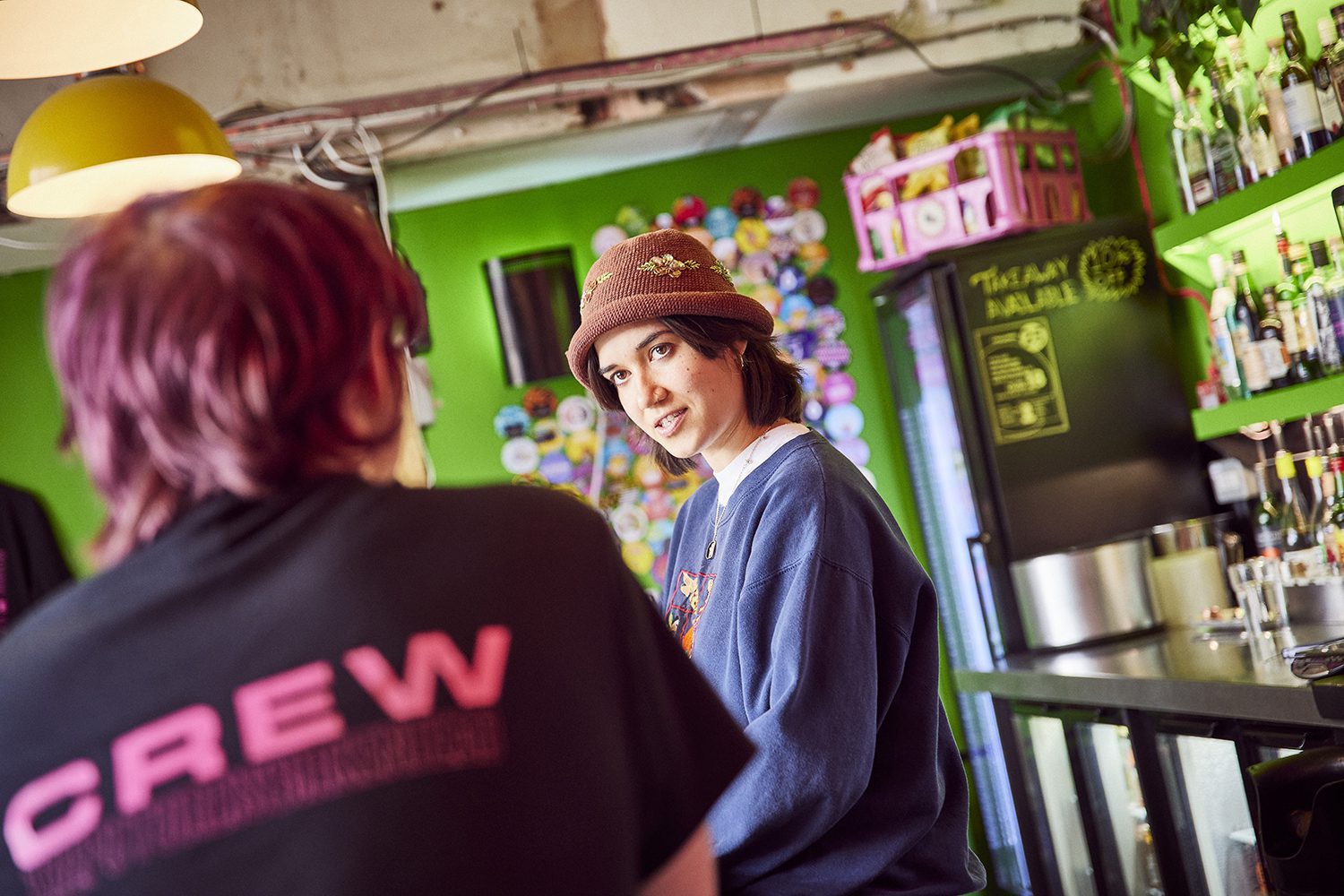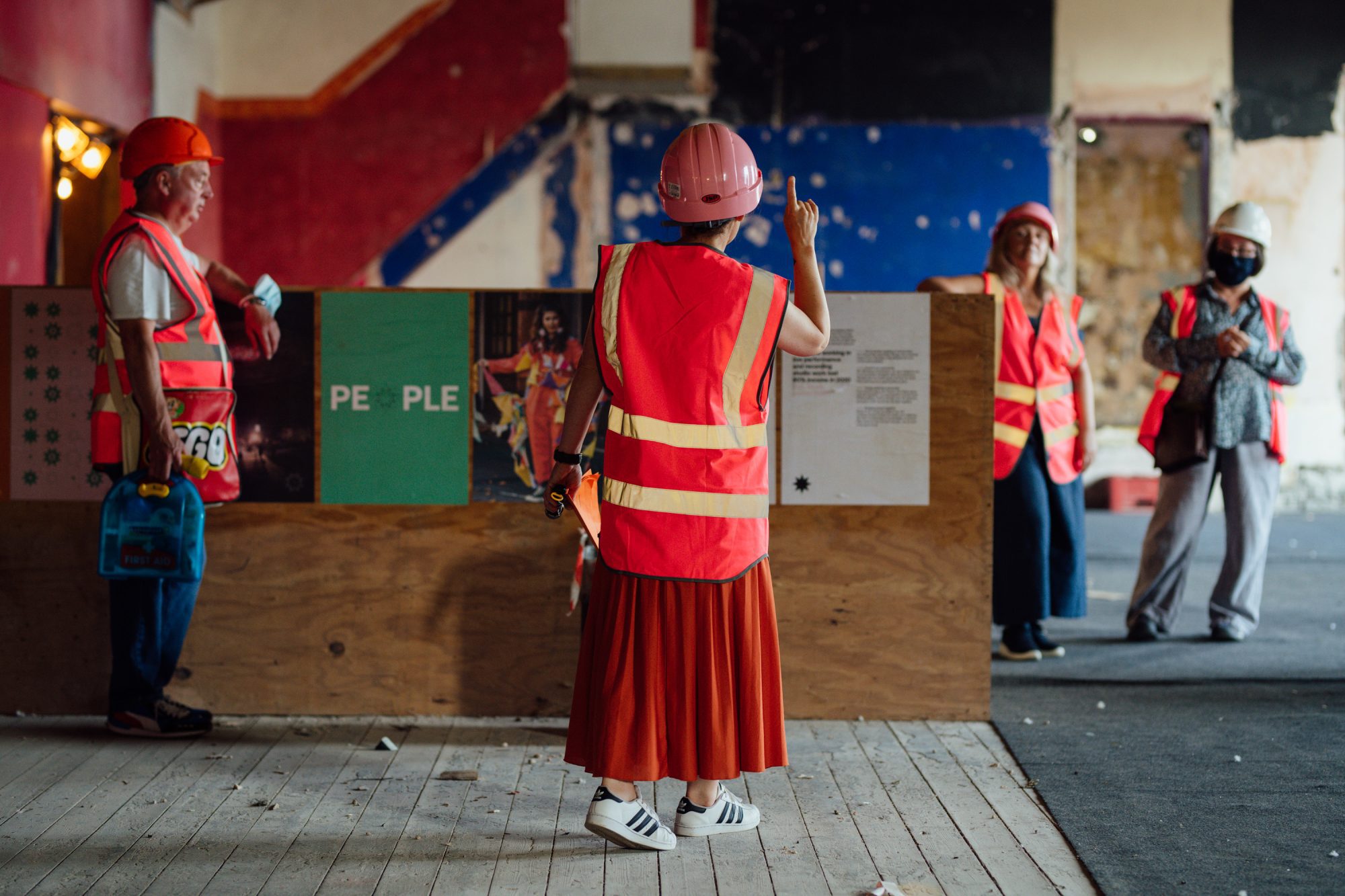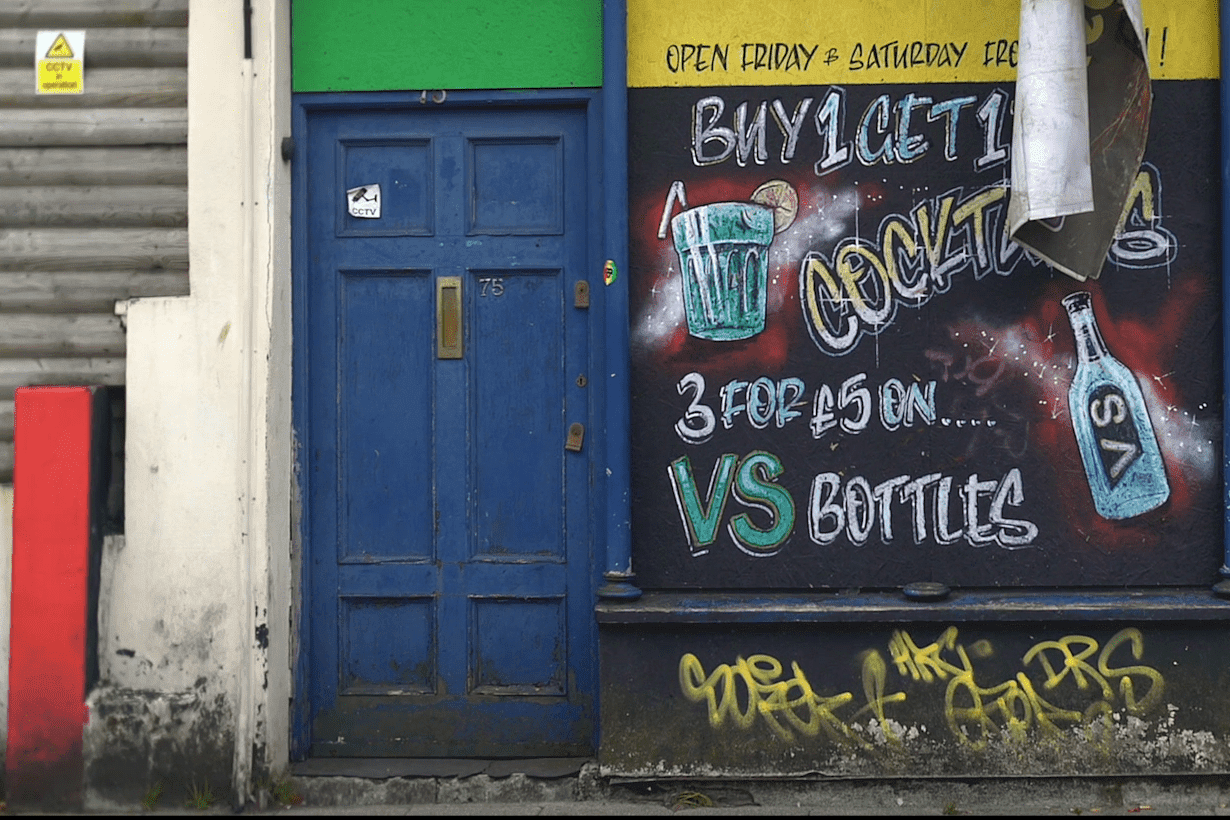Back in 2022, Power to Change commissioned research with Spark and Locality into community businesses experiencing marginalisation and their barriers to accessing funding and support. We are committed to working transparently and sharing our processes and working through some of the actions proposed. You can read the full report here.
We take a data-led approach to DEI in programmes. We collect data on who applies to our funding programmes and which applications come from organisations that are majority-led by various marginalised communities. We then look at who gets funded and see if there are any discernible patterns of exclusion that we didn’t intend.
For example, by looking at application and rejection data, we’ve noticed that one of our four community business criteria, which applicants to all our funds must meet, is harder to achieve for organisations that work with marginalised groups. We define a community business as one that has ‘broad community impact’, that is it offers something to everyone, or at least lots of different groups of people, in a place. But organisations that work with marginalised communities tend to focus on just that community — they might offer a broad range of services but only to, say, people with disabilities in their area. They meet all our other community business criteria, but they’ll never be able to meet the bar we’ve set for ‘broad community impact’.
So we changed it. Now, to meet our definition of a community business, you have to show broad community impact in your area, or broad impact across a community of interest or experience in your area. This corrects a barrier to accessing our funds that we didn’t mean to impose and which data analysis revealed to us.
Image supplied by Solidaritech, a current grantee on our community tech Makers and Maintainers programme



